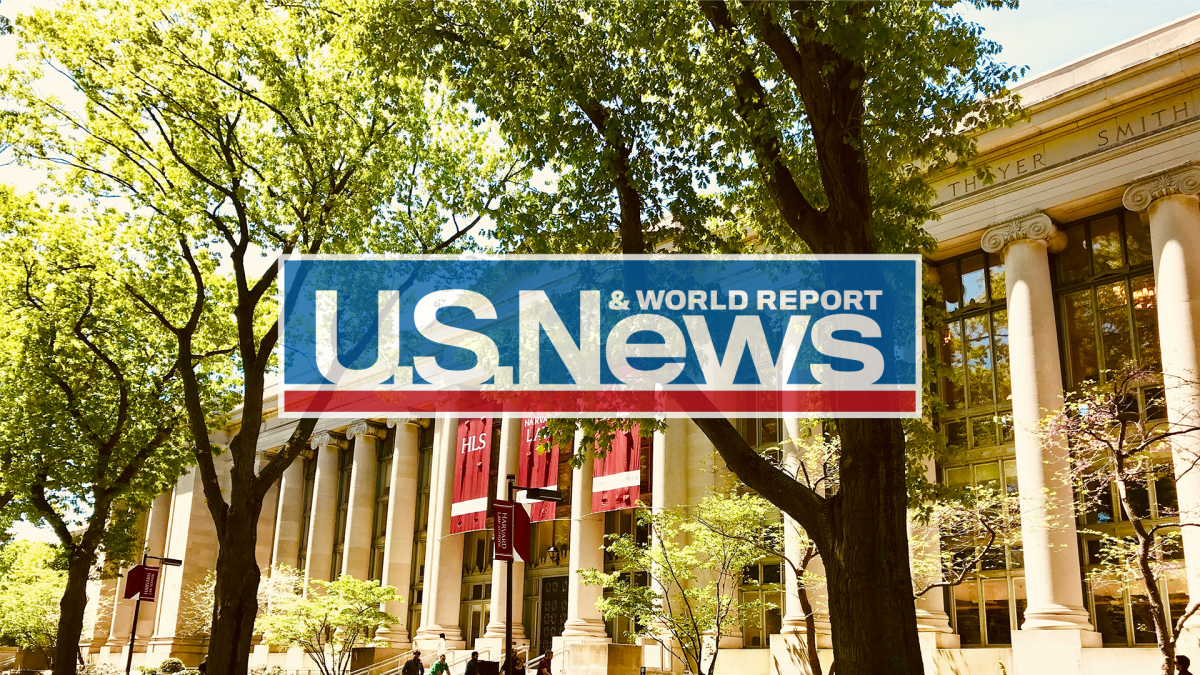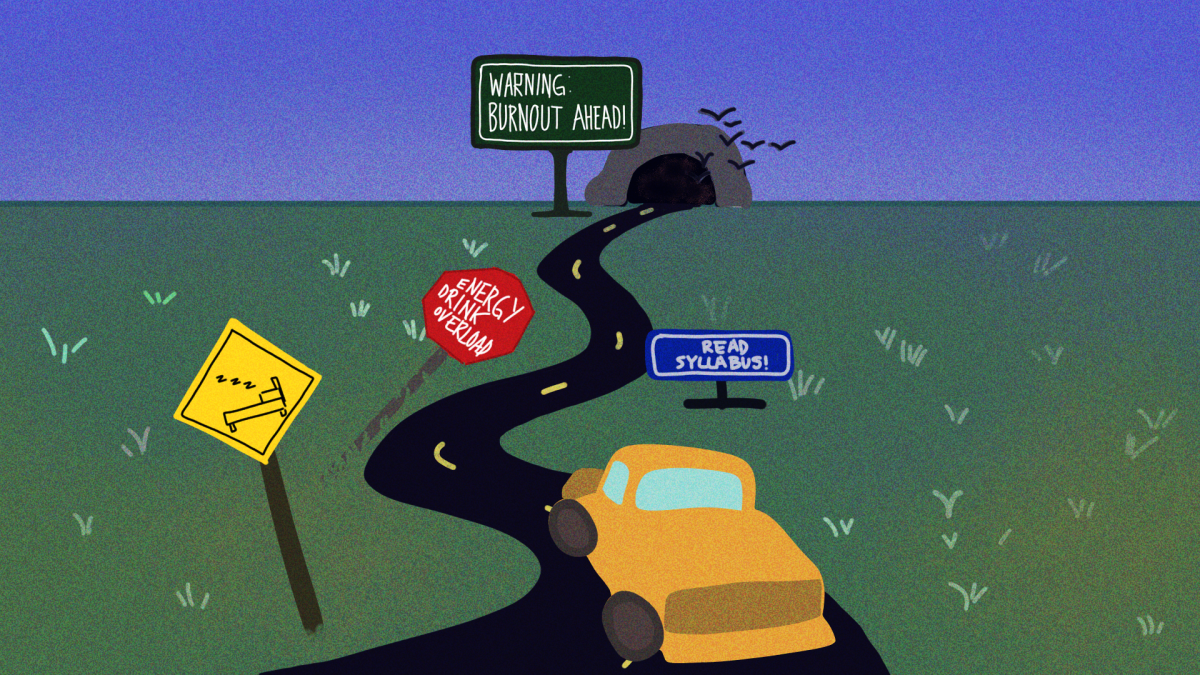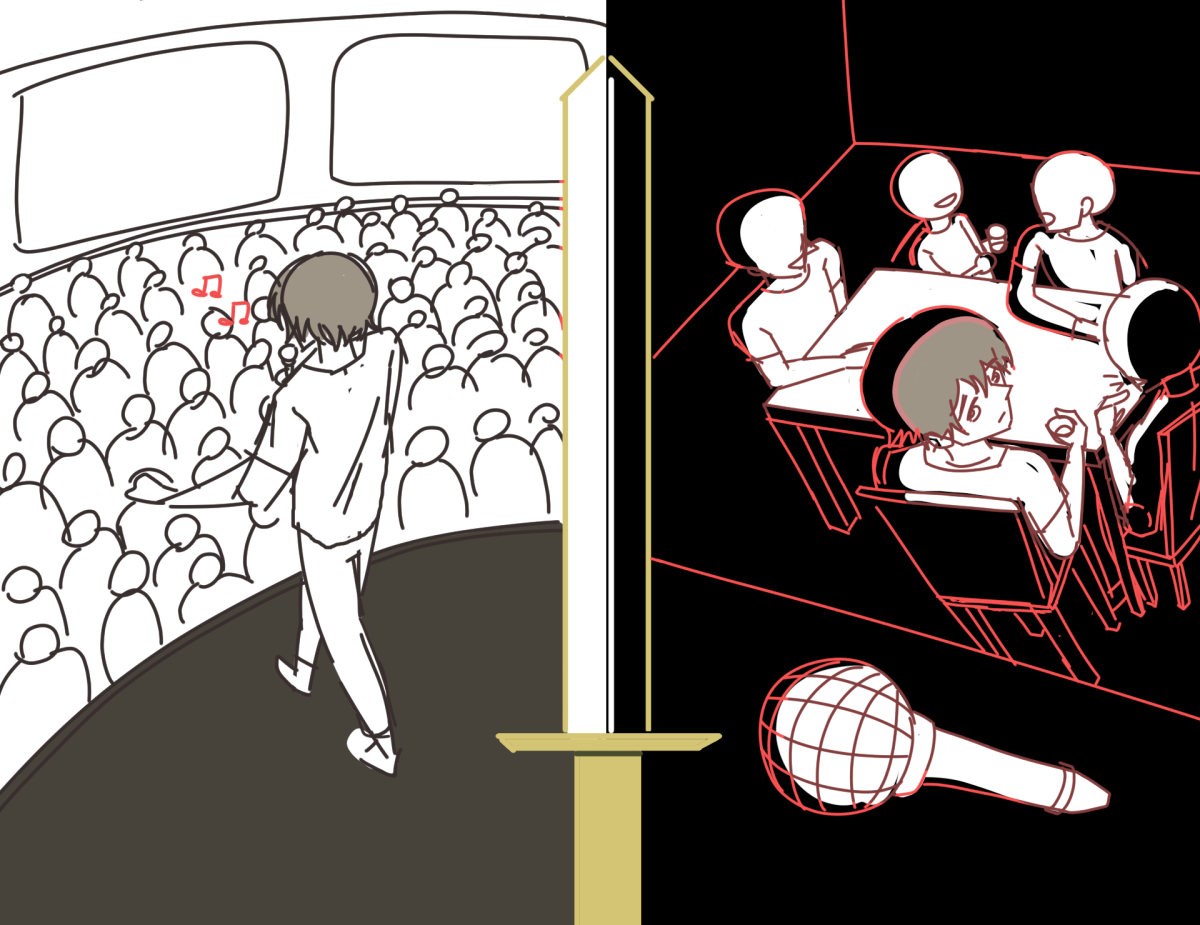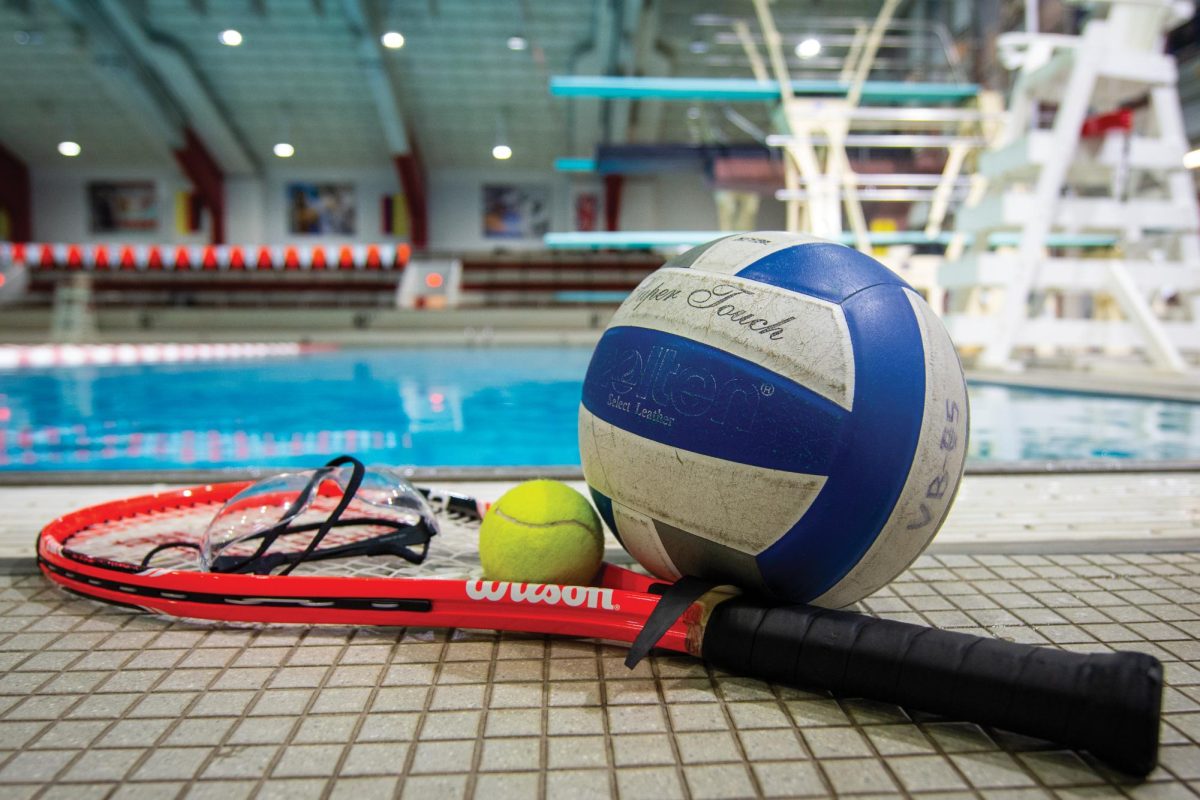Recent elections in Virginia made national headlines at the same time that we in Raleigh were choosing our next mayor and city council. Whether they live in Raleigh or another state, the results of the mayoral and council races will affect all students of NC State, as the university is contained largely within Raleigh’s borders.
Despite the importance for day-to-day life, I know many of my friends did not vote in the election, and some weren’t even aware it was taking place. Technician reported on Nancy McFarlane’s election to mayor for the fourth time, citing her vote count at 31,469, about 57.8 percent of the total. While that may seem like a large margin, NC State currently enrolls 33,755 students, meaning that if all students registered to vote in Raleigh, we would compose a huge portion of the voter base.
Students have the potential to greatly influence the government of our region, but only if we choose to exert our voice. According to NPR, although people aged 18-35 composed 31 percent of eligible voters, a portion equal to the baby boomers, only 19 percent of those aged 18-29 voted in 2012, half the number of Boomers who voted.
Such a poor showing is indicative of a broad disengagement with politics. While partisan bickering at the national level may seem meaningless and distant, city and state government have a profound impact on student life.
State’s main campus lies just a few blocks from downtown Raleigh, and students spend time at many of the attractions set up by the city and local businesses. Take Hillsborough Street, a quick walk from anywhere on main campus, and a popular food destination. The City of Raleigh created the Hillsborough Street Community Service Corporation in 2009 to manage the area’s events and economic development.
Not all students want to register to vote somewhere they live only part of the year, or see Raleigh politics as impacting their life as students considerably. Given that our rules on campus come from the university, this may seem reasonable. Nonetheless, as I’ve written about previously, the state legislature has considerable authority over both our university’s funding and our freedoms on campus.
As citizens, we have a duty to voice our concerns to public servants, and one of the key ways to do so is to help decide who we hire and fire as our representatives. Moreover, as students who want the best for our education, we have a personal responsibility to voice our ideas about how best to run our university, which is under control of the General Assembly via the UNC-System Board of Governors.
In addition to merely showing up on election day, to truly exercise our vote effectively, we must be educated about who we vote for. Randomly circling names can be worse than not voting at all in that there’s a chance of helping elect to office someone disagreeable or even harmful to one’s interests. That means looking up a sample ballot and spending an hour or so once a year researching each candidate’s positions and identifying those seeming most amenable to one’s own perspective.
There are a number of elections that students registered in North Carolina will be able to vote in. Wake County lists the election dates in 2018: a primary on May 8, and the general election on Nov. 6. These elections will include those for United States House of Representatives and North Carolina General Assembly.
For those interested in voting, the Wake County website has information on voter registration, polling places, and other aspects of the voting process. Other counties in North Carolina and other states likewise provide specific information for those registered outside of Raleigh.
Whatever you think of national politics, and whatever your ideology, vote. Political races, especially at the local level, can be decided by the matter of a few votes and can have a substantial impact on quality of life, the strength of the local economy and public resources available to residents. As critical thinkers and students of the world, we must speak out for the good of ourselves and our society.








